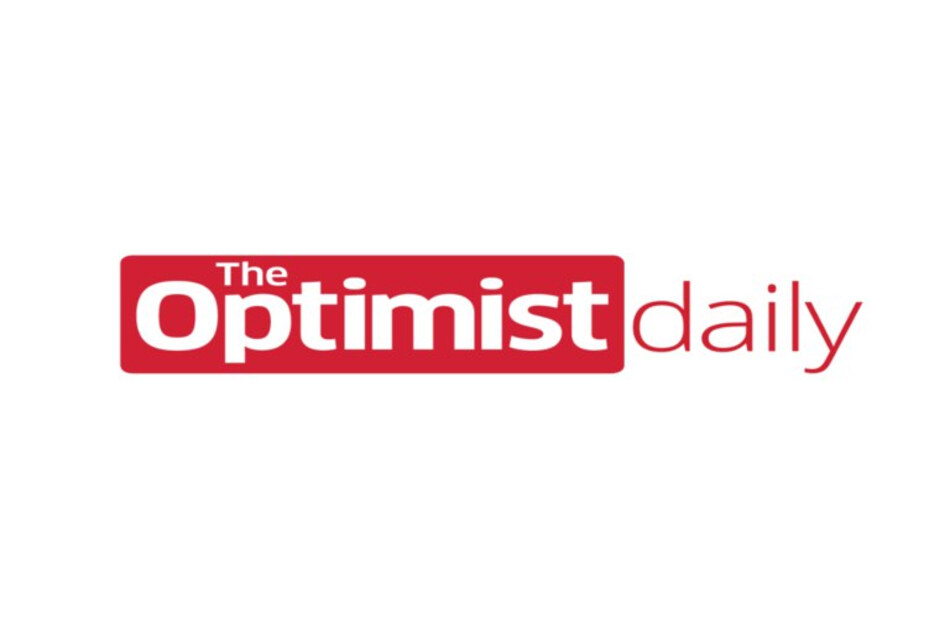In India, as in many other places, several profanities are inherently sexist and target or shame women. Even though each region’s swear words may sound distinct from each other, one thing remains the same—they are misogynistic in nature.
The common use of these words makes it clear that most people, especially in rural India, are unaware of section 294 of the Indian penal code which states that those found guilty of obscene acts, songs, or words in public can be sentenced to up to three months in prison.
“Using profanities is so common in Haryana. I used them during my college days without thinking. One day I asked a friend about the meaning of the words. It was only then that I realized how misogynistic they are,” says Sunil Jaglan.
The “no-swearing” committee
Since returning to his home village of Bibipur from university, Jaglan was elected as village head in 2010. Moved by the complaints from women in his own village, he formed a committee in 2014 whose sole aim is to monitor and curb sexist language. Under the program, the parents of children who are caught swearing are referred to the panchayat (an elected district official), who then warns them that the family risks a period of being formally ostracized by the village or police action.
Three years after he established this committee, Jaglan also launched Gaali-Bandh Ghar (no-swearing house) in Taloda village. Any community can become a gaali-bandh (no swearing) village if they pledge to stop using profanities. There are also designations for households and streets that want to join the movement.
Jaglan raises awareness
Jaglan helps spread the word by going from village to village and speaking to residents about their use of profanities. “Raise your hand if you have used cuss words that name mother’s sister’s, or women’s intimate body parts?” He asks.
People generally smile with embarrassment before reluctantly raising their hands. “Everyone here has used gaali (swear words), sir, this is normal” reflects a common response, to which Jaglan responds: “But is it right?”
At this point, women clamor to answer. “Of course not!” they shout, “Why target us or our body in your slurs? Why don’t people understand when they use misogynist profanities, they actually target their own mothers and sisters? Is this what we are teaching our kids?”
The campaign has given women the confidence to speak up against those that disrespect them or women by using sexist slurs. Born out of Jaglan’s movement, approximately 800 community outreach programs focused on changing attitudes in the Indian state of Haryana have been established. Residents can send their complaints to local group heads via WhatsApp. Then, the accused is connected to a local counselor to help them control their use of misogynist and offensive language.
Jaglan’s organization has already trained 2,000 women and 100 men as counselors and also takes on volunteers who help manage WhatsApp groups, conduct surveys, and coordinate local programs.
“It is difficult for males who don’t like to listen to womenfolk. India is a patriarchal society and such things are expected, but we are also determined to fight back,” says Anjali from Sarmathla village, a 19-year-old student at Haryana University volunteering for Jaglan’s cause.
Jaglan, who is also the founder of Selfie With Daughter, a campaign that empowers girls and women, has worked hard to spread the no-swearing movement. Now, the campaign has been adopted by some village elders in the neighboring states of Rajasthan and Uttar Pradesh, and will undoubtedly continue to expand.











